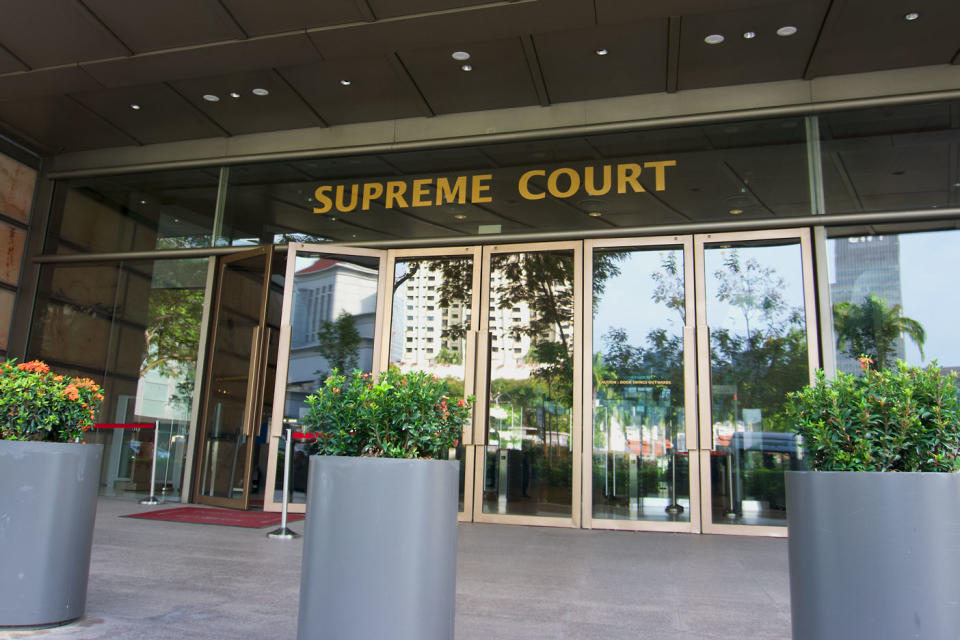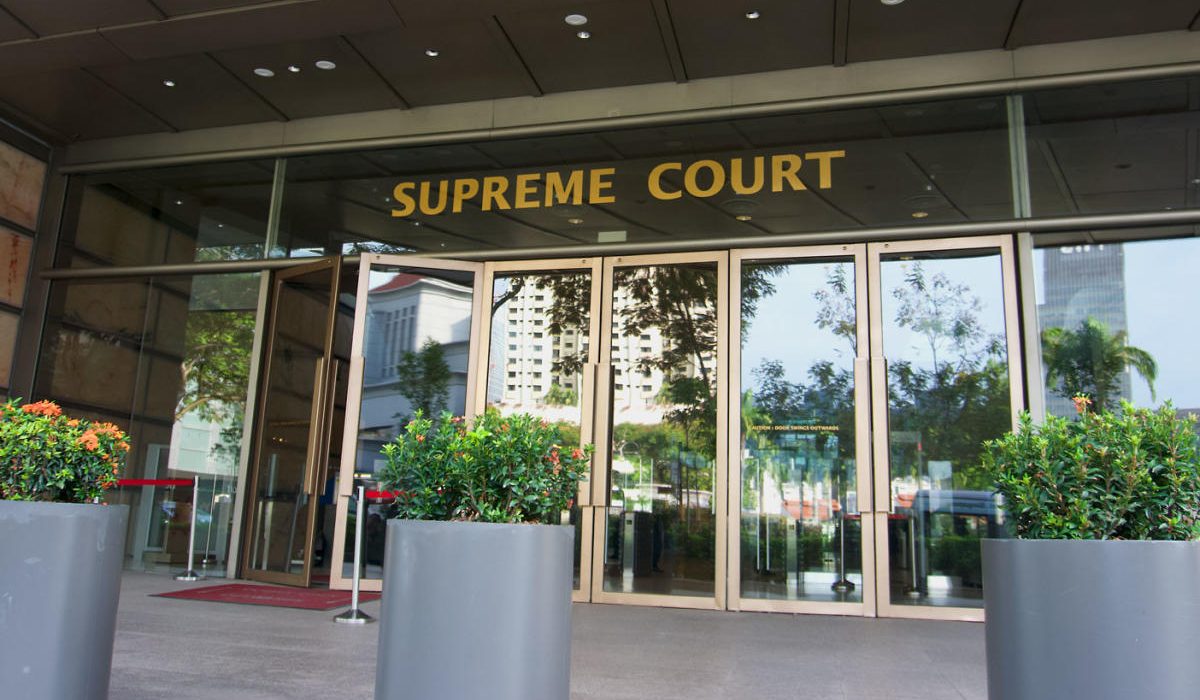
SINGAPORE — A former property agent was sentenced to the mandatory death penalty for trafficking cannabis, with the judge rejecting his claim that the drugs were for research and development.
The judgment, issued by Justice See Kee Oon of the Appellate Division on Tuesday (2 April), outlined the reasons for the conviction of Seet Poh Jing on one charge of having no less than 4509.2 grams of cannabis mixture for trafficking.
Seet, formerly a property sales agent with Huttons Asia, was arrested on 28 June 2018 after Central Narcotics Bureau (CNB) officers seized five blocks of vegetable matter from a car. The blocks were analysed to contain no less than 4509.2 grams of cannabis mixture, referred to by Seet as “weed”.
Two mobile phones belonging to Seet were sent for forensic examination and found to contain mass-sent messages advertising the drug.
Seet’s defence in cannabis case
Seet, then 28, claimed trial to the charge, which carried the mandatory death penalty. He was legally represented by lawyers from Andre Jumabhoy LLC and Sterling Law Corporation. The lawyers argued that their client intended to use the drugs for research and development rather than trafficking.
They claimed that Seet developed a fascination with cannabis, not just for consumption but also for its cultivation and potential uses of cannabidiol, an ingredient derived from cannabis. He had consulted several contacts beginning from March 2018 regarding the possibility of starting a cannabis-related business.
The defence also relied on a psychiatric report stating that Seet had been suffering from a “drug-induced hypomanic episode”, which “contributed significantly to his reckless and impulsive behaviour at the material time” as he was using the drugs for the extraction of cannabidiol oil, as part of his “grandiose plans to set up a cannabis business”.
However, the prosecution contended that his defence was a mere afterthought and inconsistent with other evidence. It also argued that Seet did not fulfil the diagnostic requirement for substance-induced hypomanic disorder.
Judge dismisses claims as “concocted afterthought'”
Justice See found that Seet had failed to prove the defence of research, describing it a “concocted afterthought”. He referred to Seet’s statements to the authorities post-arrest, noting the absence of any mention of research until the trial phase.
The judge also referenced a portion of statement made by Seet the day after his arrest, where the accused said that the cannabis mixture was meant to help “damaged” friends who “need help and sense of belonging and also to give them a sense of security”.
Seet’s subsequent statements, including one made a month later detailing his pricing strategy for selling weed, which he had said depended on his friends’ financial abilities, did not mention research, noted Justice See.
“Despite Seet’s effusive claims of enthusiasm about his new research and development business venture, Seet evidently did not possess the know-how and had no plans to extract cannabidiol from the drugs,” he said.
The judge noted that Seet had believed it was only a matter of time before cannabis was legalised in Singapore. Seet had also been in touch with contacts about business ventures overseas. However, the discussions were “very vague” and concerned “big dreams” that would only be pursued if cannabis were to be legalised in Singapore.
‘Vague, nebulous and ultimately undeveloped’
Justice See acknowledged that Seet’s evidence does suggest that he was a cannabis enthusiast, noting that he was not only an enthusiastic cannabis consumer but “he was keen to explore the prospect of starting a cannabis-related business in Singapore”.
However, the judge described his plans as “vague, nebulous, and ultimately undeveloped”.
“Given the range of scattershot and unfocused ideas that Seet had … and the fact that some of his ideas did not even have anything to do with Singapore, I find it difficult to believe that Seet had any concrete ideas or plans for the research and development (including the production and/or extraction) of cannabidiol in Singapore that he could work with and was ready to act on, much less specifically in relation to the drugs,” he said.
“Any such ideas or plans existed only within his imagination. Nothing had translated beyond mere talk into action.”
Do you have a story tip? Email: sgnews.tips@yahooinc.com.
You can also follow us on Facebook, Instagram, TikTok and Twitter. Also check out our Southeast Asia, Food, and Gaming channels on YouTube.








